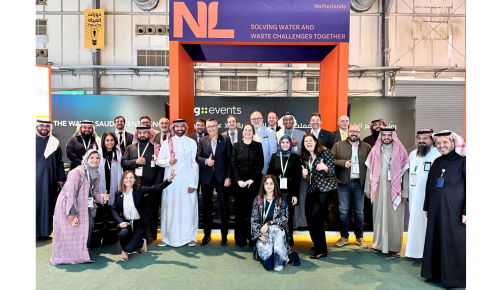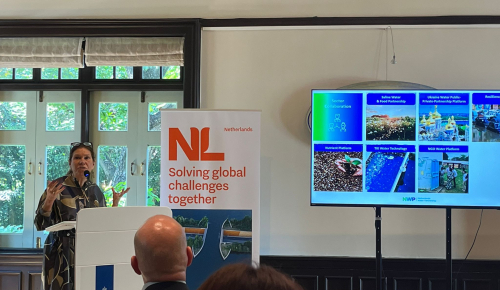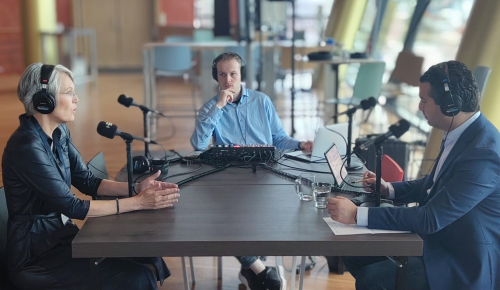News
21 October 2021South African activity opens way to ocean pollution project for Obscape
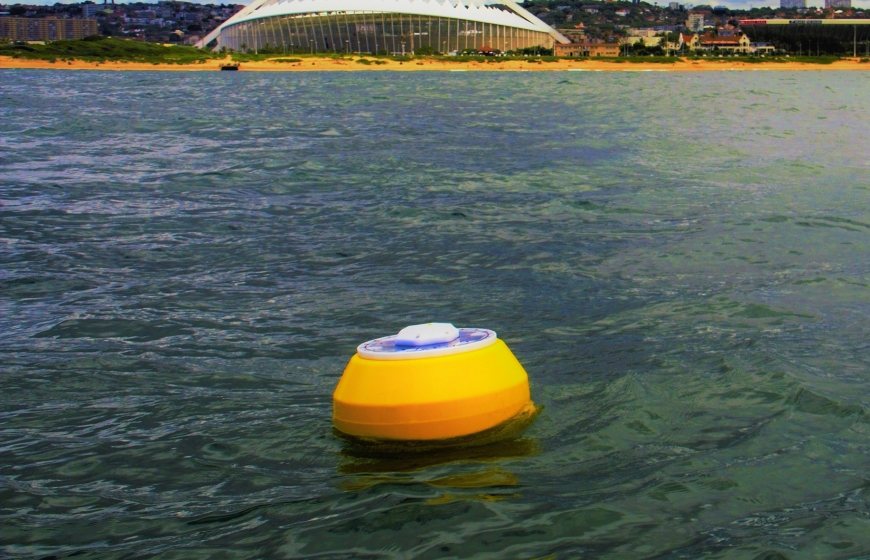
Monitoring technology company Obscape, a recent NWP member, has expanded its presence in South Africa with the help of NWP connections. This has opened the way for their involvement in a global project to reduce ocean pollution from plastics and other litter coming from rivers.
"We are aiming to make environmental observations available to anyone who needs them," says Max Radermacher, co-founder of Obscape, which recently joined NWP. He describes the company's devices as being affordable, robust and completely wireless. "They are intended for long-term autonomous deployment in the field," he says, explaining that they have built-in solar panels and telemetry and are completely self-sustaining.
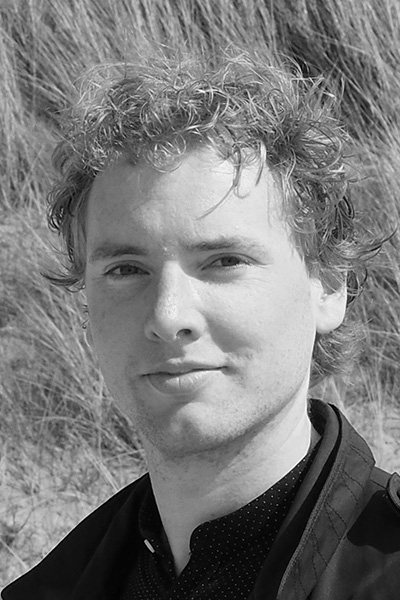
Flood protection for Durban
One country in which Obscape is particularly active is South Africa. Its presence there stems from the company's other co-founder, Zane Thackeray, who brought Obscape sensors into survey work he was carrying out for Durban Municipality.
"Over the years, that has developed into an operational monitoring network mainly focused on flood prevention," explains Radermacher. This involves measuring aspects such as water levels, rainfall, and wave height. "It is mainly focused on whether or not flooding is likely to occur."
"That is really our main presence in the South African market," he adds.
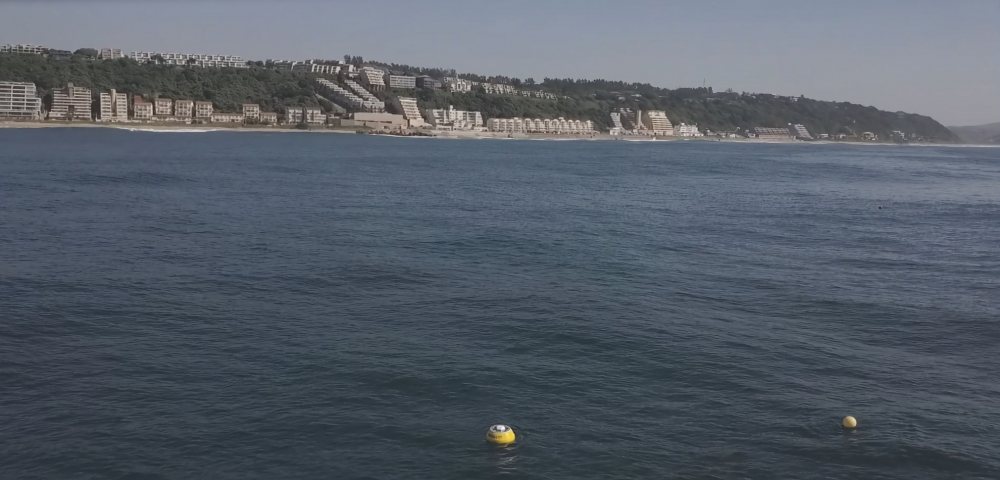
A link with litter
Thanks to its presence in Durban, Obscape was able to connect to another aspect of water - concerns about river pollution by litter, especially plastics. Durban is the base of non-profit organisation The Litterboom Project, whose founder and CEO is Cameron Service.
Radermacher explains that The Litterboom Project places pipes as barriers in rivers to catch litter, mainly plastics, and that it has teams who then collect the litter.
"The timelapse camera we developed at Obscape turned out to be very suitable for that," says Radermacher. It provides a way to track litter accumulation remotely. "We started out by installing one near one of the Litterboom sites in Durban."
The NWP connection
This link with litter then opened the way to involvement in a further project, assisted by NWP connections. A 'Living Lab' project was set up by the University of Cape Town, TU Delft, the University of Applied Sciences Rotterdam, CEW Leeuwarden and the World Water Academy on redesigning the Liesbeek River in Cape Town. This work is continued through the 'Bridging the Water' programme of the Orange Knowledge Programme (OKP).
"Our involvement arose because of our involvement with The Litterboom Project," explains Radermacher. "NWP and the OKP project came onto our path and, together with Cameron Service at The Litterboom Project, we started talking to see if it was possible to have another Litterboom site in the Cape area that we could monitor using Obscape devices."
This led to funding for two Litterbooms on the Liesbeek River. These include equipment to provide automatic detection of litter accumulation using timelapse camera imagery that is evaluated using Artificial Intelligence.
Radermacher explains that this takes place within a project carrying out research and progressing new developments. For example, Dr Kevin Winter and students from the University of Cape Town will analyse the data as part of research looking at what to do with collected litter, as well as how to control sources and prevent creation of litter in the first place.
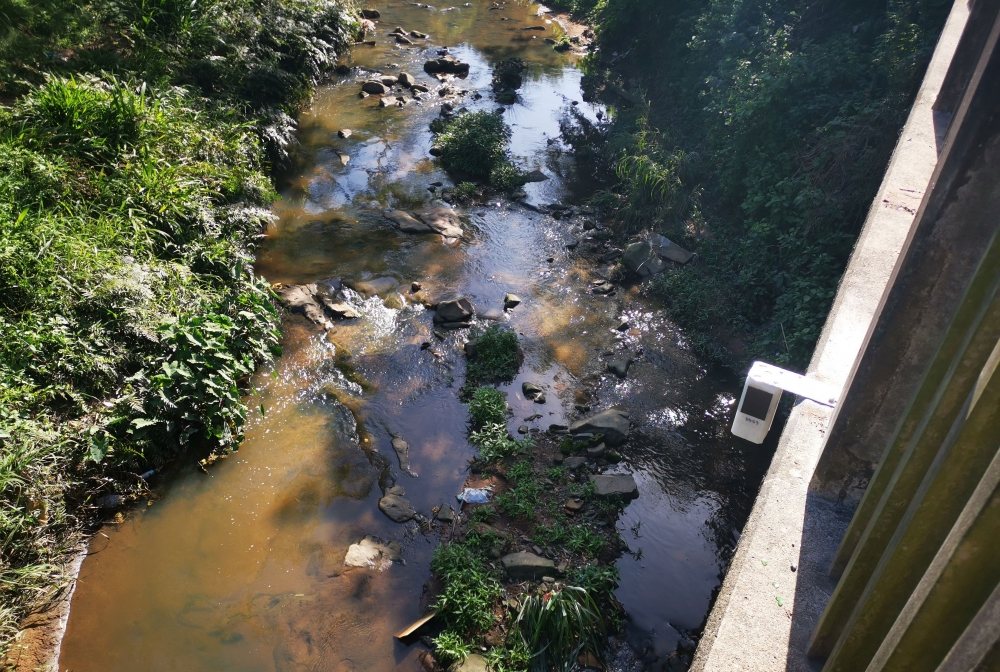
Supporting action on oceans
This work is opening up other opportunities, as Obscape's Paul Groves, who is responsible for sales and marketing, explains.
"Thanks to what we supplied to Durban Municipality, and particularly what we have done with The Litterboom Project and OKP, we have had other large entities such as The Ocean Cleanup approach us," he says.
Obscape is now getting involved with The Ocean Cleanup's 1000 Rivers initiative, targeting rivers around the world for clean-up.
"We are going to be providing monitoring equipment," says Groves. "The project is still in its infancy. They have just started putting in monitoring devices and systems to identify plastic debris, pollution and rubbish that flows down from the streams or main tributaries into areas where there is a large amount of pollution of oceans. One of those monitoring devices will be an Obscape monitoring device."
"It is a big project that we are very proud to be associated with," adds Groves.
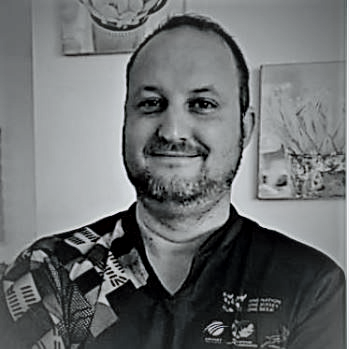
Support and success
Groves sees there are good opportunities to do business around water sector needs in South Africa. "People are very willing to accept new technologies," he says.
He also sees the clear value of support - both the support Obscape has received to date, and more generally for others looking to work in the region. "We are continually impressed and amazed by the amount of support that the Dutch give to businesses, especially Small and Medium Enterprises. Coming from a developing country, it is really amazing to see the backup and support that they give."
We are continually impressed and amazed by the amount of support that the Dutch give to businesses, especially Small and Medium Enterprises. Coming from a developing country, it is really amazing to see the backup and support that they give.
Paul Groves
Featured NWP members: Obscape
